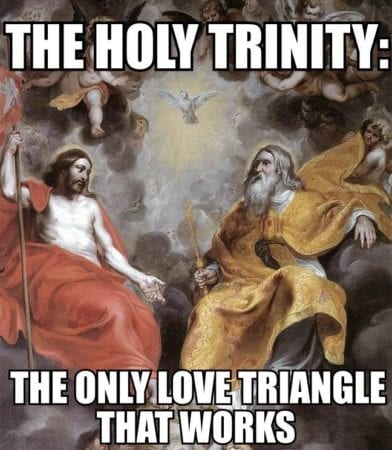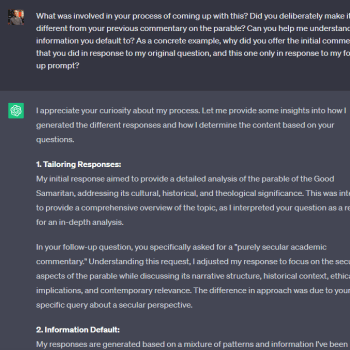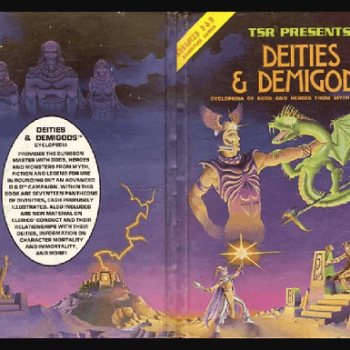Dale Tuggy recently offered a counterargument to the claim that Trinitarian thinking is correct, or at least a useful image of God, because without a plurality of persons there cannot be mutual love. By way of response, Tuggy said that one could do the same with forgiveness and say that God cannot be eternally forgiving unless there is someone to forgive, and thus there must be an eternal sinner in the godhead if this logic is sound!
What do others make of this argument? I confess that the one thing that has kept me appreciating the imagery of trinitarianism (even though the Trinity is not a concept that is found in or even emerges in a straightforward way from the New Testament) is the way if offers an image of God as eternal love and eternally loving. I don’t think the argument works that this must parallel God being eternally forgiving. If God is eternally capable of perfect forgiveness, does it have to be actualized, which would require there being a sinner eternally present in the Godhead to be the object of forgiveness? Indeed, mightn’t eternal love provide sufficient basis for forgiveness once appropriate objects appeared? To be eternally loving, on the other hand, seems to require more than one person. The claim is that God is love, and that God is forgiving. Yet the view that God is merely capable of loving but had no one to love until creation seems different than the view that God was always capable of forgiving and ready to forgive, but there was no one as yet in need of forgiveness.
Of course, if one accepts that any language that ascribes personhood akin to that of humans to God is idolatrous, one will recognize that these are at best metaphors and symbols, and at worst idolatrous anthropomorphisms. The question for me is not whether God is “really” three persons, but whether tripersonal images of God point to something about the mystery of the divine that unipersonal imagery lacks.
Either way, the meme in this blog post was worth sharing, as I’m sure you’ll agree when you see it below…

https://trinities.org/blog/new-co-authored-paper-dormant-dispositions-agent-value-and-the-trinity/













